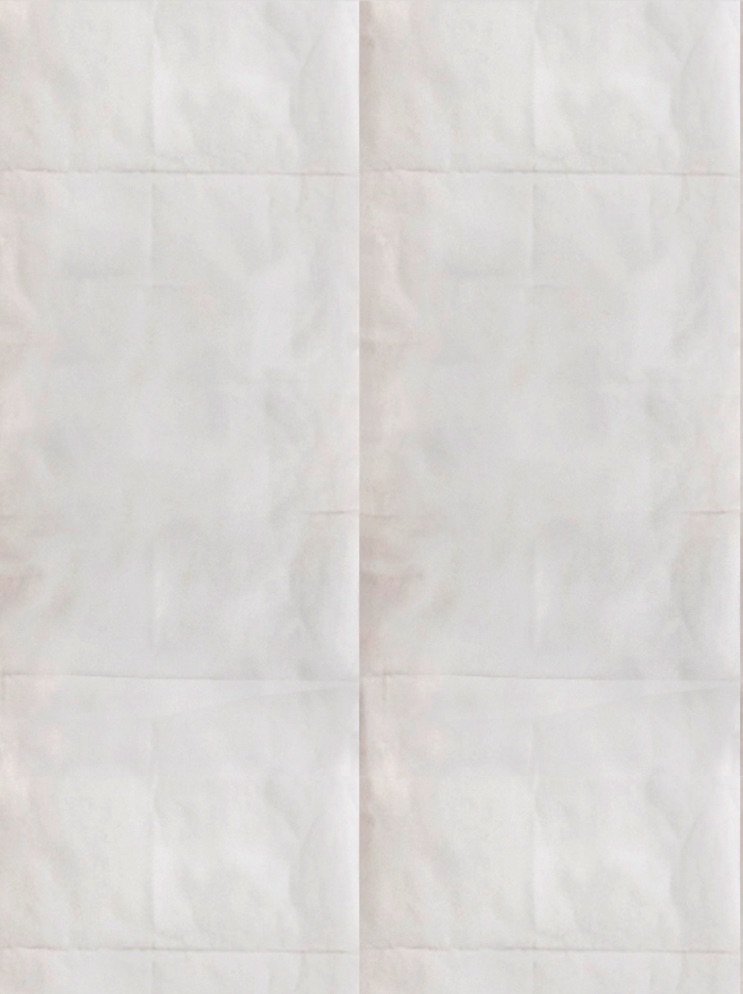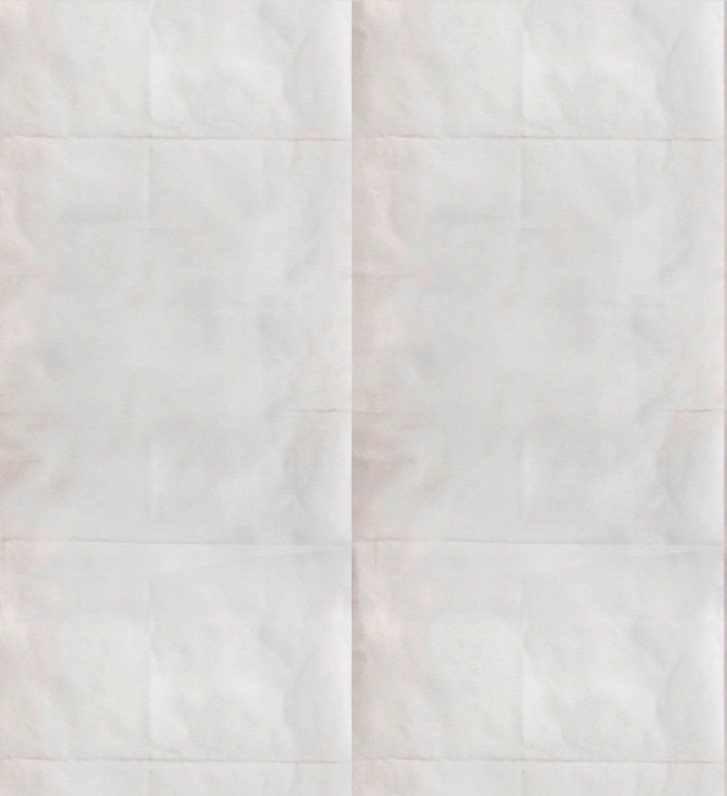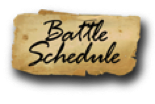
Duties of Sentinels


416. No sentinel shall quit his post or hold conversation not necessary to the proper discharge of his duty.
417. All persons, of whatever rank in the service, are required to observe respect toward sentinels.
18. In case of disorder, a sentinel must call out the guard; and if a fire take place, he must cry; “Fire!” adding the number of his post. If in either case the danger be great, he must discharge his firelock before calling out.
419. It is the duty of a sentinel to repeat all calls made from posts more distant from the main body of the guard than his own, and no sentinel will be posted so distant as not to be heard by the guard, either directly or through other sentinels.
120. Sentinels will present arms to general and field officers, to the officer of the day, and to the commanding officer of the post. To all other officers they will carry arms.
421. When a sentinel in his sentry-box sees an officer approaching, he will stand at attention, and as the officer passes will salute him, by bringing the left hand briskly to the musket, as high as the right shoulder.
422. The sentinel at any post of the guard, when he sees any body o! troops, or an officer entitled to compliment, approach, must call-“ Turn out the guard!” and announce who approaches.
423. Guards do not turn out as a matter of compliment after sunset,; but sentinels will, when officers in uniform approach, pay them proper attention, by facing to the proper front, and standing steady at shouldered arms. This will be observed until the evening is so far advanced that the sentinels begin challenging.
424. After retreat (or the hour appointed by the commanding officer), until broad daylight, a sentinel challenges every person who approaches him, taking, at the same time, the position of arms port. He will suffer no person to come nearer than within reach of his bayonet, until the person has given the countersign.
425. A sentinel, in challenging, will call out; “Who comes there?” If answered-“ Friend, with the countersign,” and he be instructed to pass persons with the countersign, he will reply-“Advance, friend, with the countersign!” If answered-“Friends!” he will reply-“ Halt, friends! Advance one with the countersign!” If answered-“ Relief,” “ Patrol,” or “ Grand rounds,” he will reply-“ Halt! Advance, Sergeant (or Corporal), with the countersign!” and satisfy himself that the warty is what it represents itself to be. If he have no authority to pass persons with the countersign, if the wrong countersign be given, or if the persons have not the countersign, he will cause them to stand, and call-“ Corporal of the guard!”
426. In the daytime, when the sentinel before the guard sees the officer of the day approach, he will call-“ Turn out the guard! Officer of the day.” The guard will be paraded, and salute with presented arms
427. When any person approaches a post of the guard at night, the sentinel before the post, after challenging, causes him to halt until examined by a non-commissioned officer of the guard. If it be the officer of the day, or any other officer entitled to inspect the guard and to make the rounds, the non-commissioned officer will call-“ Turn out the guard!” when the guard will be paraded at shouldered arms, and the officer of the guard, if he thinks necessary, may demand the countersign and parole.
428. The officer of the day, wishing to make the rounds, will take an escort of a non-commissioned officer and two men. When the rounds are challenged by a sentinel, the Sergeant will answer-“ Grand rounds!” and the sentinel will reply-“ -Halt, grand rounds! Advance, Sergeant, with the countersign!” Upon which the Sergeant advances and gives the countersign. The sentinel will then cry-“ Advance, rounds!” and stand at a shoulder till they have passed.
429. When the sentinel before the guard challenges, and 18 answered “ Grand rounds,” he will reply-“ Halt, grand rounds! Turn out the guard; grand rounds!” Upon which the guard will be drawn up at shouldered arms. The officer commanding the guard will then order a Sergeant and two men to advance; when within ten paces, the Sergeant challenges. The Sergeant of the grand rounds answers-“ Grand rounds!” The Sergeant of the guard replies-“ Advance, Sergeant, with the countersign!” The Sergeant of the rounds advances alone, gives the countersign, and returns to his round. The Sergeant of the guard calls to his officer-“ The countersign is right!” on which the officer of the guard calls-“Advance, rounds!” The officer of the rounds then advances alone, the guard standing at shouldered arms. The officer of the rounds passes along the front of the guard to the officer, who keeps his post on the right, and gives him the parole. He then examines the guard, orders back his escort, and, taking a new one, proceeds in the same manner to other guards.
430. All material instructions given to a sentinel on post by persons entitled to make grand rounds, ought to be promptly notified to the commander of the guard.
431. Any General officer, or the commander of a post or garrison, may visit the guards of his command, and go the grand rounds, and be received in the same manner as prescribed for the officer of the day.








